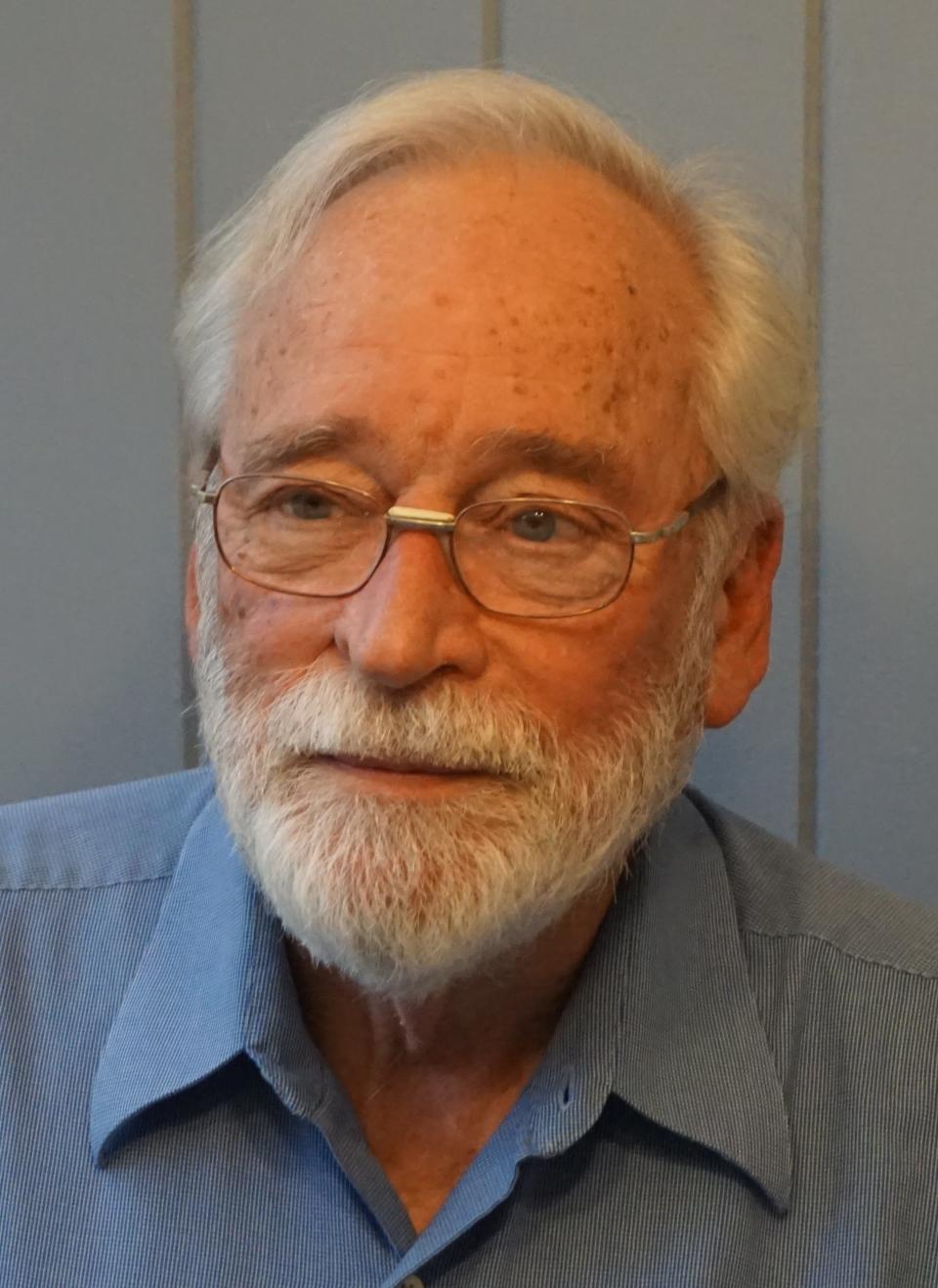Charles Milliken: The ongoing search for a Messiah
Easter 2024 has arrived, the annual celebration and reminder that 2000 years ago the Messiah was revealed to mankind by the death and resurrection of Jesus Christ.
Jews had been looking forward to that revelation for centuries, but when that blessed day arrived, not everyone was pleased. The Sunday before Christ had ridden into Jerusalem on the back of a donkey (not, let it be noted, on the back of a white stallion), to be greeted with lavish praise. At last a savior had arisen who was going to restore Israel to its former glory, under the rule of a new King David. (MIGA: Make Israel Great Again.) The hated Romans would be expelled, and all would be well again. Five days later they killed their new King. It seems, as Christ made clear, his kingdom was not of this world. What a letdown! Others, the ones responsible for killing Him, thought He was far too dangerous anyway, and might upset the apple cart. “We have no king but Caesar.” Let's keep it that way.

Two days later the error of their assumptions became apparent, and the world has never been the same.
But that’s a long and still developing story. Even though the Messiah had come in the flesh, the great majority of people, then and now, refuse to acknowledge that fact. But that doesn’t mean the great majority of people have given up hope for a messiah. They just prefer an earthly messiah, one who will restore them, and their various societies, to greatness and make their lives better. Caesar (specifically Julius Caesar’s nephew) had risen to power by overthrowing the remnants of the ancient Roman Republic, restoring order after the chaos of a century of civil wars, and heralding even greater glory for Rome and his supporters.
His heir, Tiberius, was on the throne at the time of Christ’s execution, and was, as all Caesars were, regarded as some sort of god. False gods, deeply flawed gods, ultimately failed gods, but gods nevertheless — until the whole civilization collapsed centuries later.
More centuries have rolled by, and messiah-like figures have come and gone. Charlemagne established a Christian empire spanning most of western continental Europe. He made sweeping changes — many of which were undoubtedly for the good, and many of which have survived, in one form or another, down to the present time. But he died, as all earthly messiahs are bound to do, and with his death the whole system fell apart.
There is no denying any society which is not anarchic will have someone — or group of someones — in charge. Those men who set out the new American Republic, wary of messiahs and kings — tried by establishing a Constitution guaranteeing, they hoped, that this new land would be a land of laws and organizational order, not of kings, dictators or messiahs.
Their hopes were doomed to failure from the outset, because this new order flew in the face of human nature. Laws and structure there may be, but laws are made by men, enforced by men, and, as history has shown, discarded or ignored by men. Five men or women, at the stroke of a pen, can fundamentally change laws and structures. A powerful president can bend the system profoundly. Washington, Lincoln and FDR, to name the most impactful, wrought fundamental changes, after which America has never been the same. Only centuries from now will we know whether for good or ill.
Other countries and times have seen other messiahs. Hitler in Germany. Lenin in Russia. Napoleon in France. They all promised a promised land, and delivered a bloody hell on earth.
We are now met in an election year with a choice between two persons, or more accurately two competing religions, making messianic promises. Will America be great again? Or will America be punished for its irredeemable sins on the back of wokeness? The Messiah promised forgiveness and redemption, neither greatness nor unforgivable punishment. His kingdom was not of this earth, but whether you like it or not, believe it or not, you are his subject. Obey him, and enjoy the fruits of the real Messiah.
— Charles Milliken is a professor emeritus after 22 years of teaching economics and related subjects at Siena Heights University. He can be reached at milliken.charles@gmail.com.
This article originally appeared on The Holland Sentinel: Charles Milliken: The ongoing search for a Messiah

